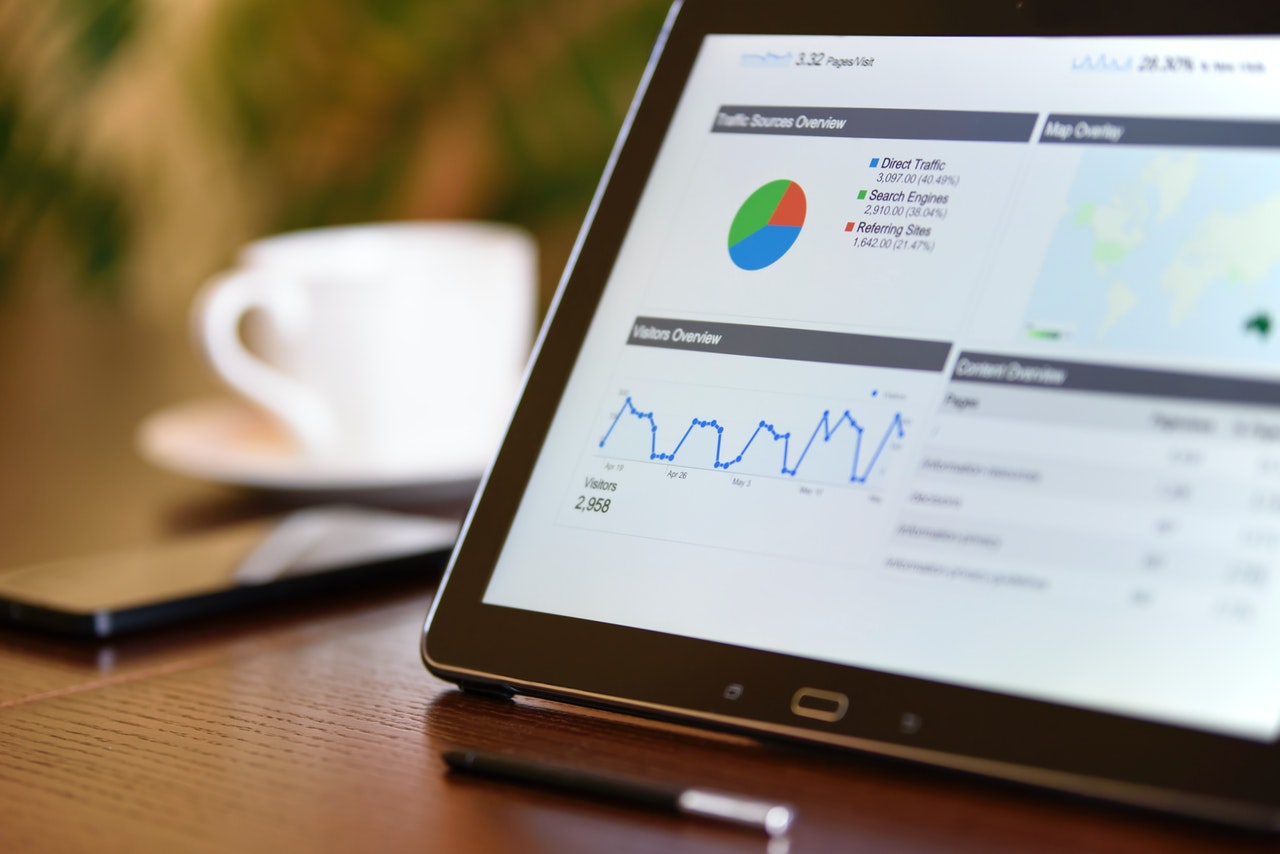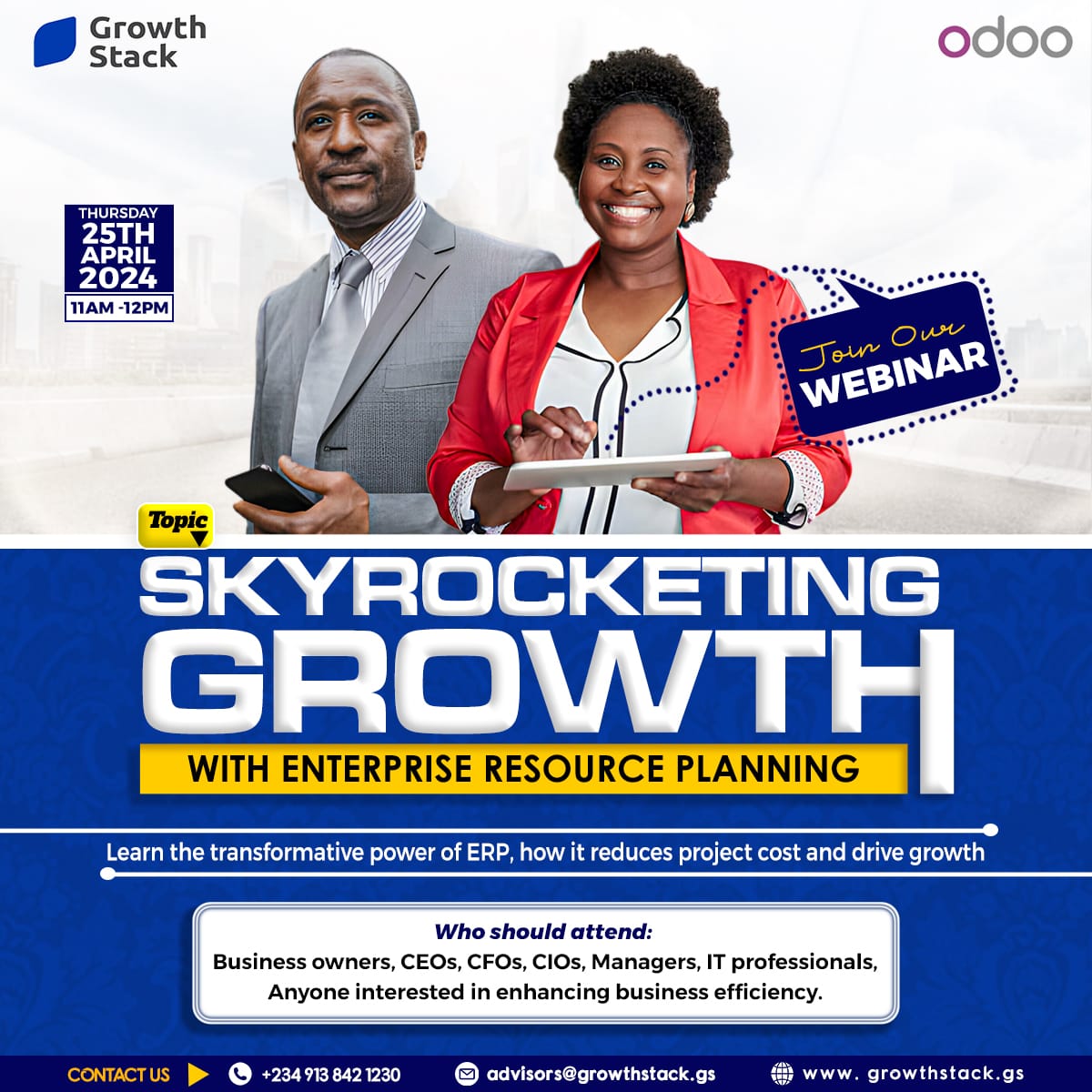ERP and E-Commerce Integration Fundamentals
To grasp how an ERP and e-commerce connection works, start with e-commerce logistics, which involves receiving and fulfilling orders, processing payments, handling returns, managing inventory, guaranteeing security, calculating taxes, tracking financials, and giving customer support. When your little firm (maybe begun in your garage) grows into a full-fledged enterprise with a warehouse—or two, or three—a shipping fleet, and several staff, these become more difficult to manage.
ERP and current e-commerce systems can be linked in a variety of ways. You may use the API of the e-commerce solution on your own, which allows for comprehensive customization but also keeps you in charge of the integration. You can use a third-party solution with a pre-built integration that uses the API, which is relatively easy to work with and can often be used “out of the box”—but if you need any personalization, you’ll have to pay for it and rely on the third-party team, with no guarantee that you’ll get what you want or need.
Relying on haphazardly put-together systems and forcing them to operate via sheer effort will no longer suffice. A lack of data, consistency, and control will affect everyone. Fortunately, you can combine your e-commerce software with a contemporary ERP, automating your present procedures and processes (a.k.a. becoming more efficient) and effectively avoiding future data difficulties.
What ERP Features Are Critical for E-commerce Companies?
There are a few important elements that must be included in your ERP search criteria when your e-commerce firm is ready to combine your e-commerce platform with an ERP system.
While QuickBooks can handle your general ledger (GL), accounts payable (AP), and accounts receivable (AR), a cloud ERP solution can handle those chores while also providing real-time e-commerce updates. When a sale from an e-commerce site is entered into your ERP system, it appears in the sales order right away and is filled across your financial accounts. The payment is counted as revenue as soon as it is received.
-
CRM integrated with your e-commerce system is a win-win-win situation. Why?
A successful e-commerce firm needs a standardized system for managing leads, contacts, opportunities, and customer accounts, as well as the capacity to track what’s going on at each stage of the sales process. In other words, you need a CRM solution that is completely linked and provides real-time, synced data from a single source to every department.
-
Inventory control.
Inventory tracking gets more difficult when business is flourishing. Your consumers want to know if a product is in stock, and you need to know where your items are located. An integrated ERP system is intelligent enough to disseminate this information to all parties involved. It gives you precise, real-time access to available inventory, whether it’s at a warehouse, spread across many warehouses, or in route. You have access to reorder amounts and inventory charges as well.
-
Management of shipping, distribution, and warehouses.
Wave and batch selecting, packing, PO receipt, putting away, transferring, and physical counting are all part of the distribution process. These duties are mechanized by ERP. EDI compliance is managed by third-party EDI software, and warehouse employees may utilize phones or tablets to do their responsibilities. Lot and serial number tracking reduces errors, and third-party EDI software handles EDI compliance.
-
Management of product data.
Because you offer items to clients in a variety of methods, having all of your product information in one place is essential. This information might pertain to your vendors, product price, and customer-specific pricing, as well as product alternatives. Having all of your information in one place helps you to distribute it to several areas.
The Benefits of Integrating Your E-commerce and ERP Systems.
A better online experience, price control, access to vital data, higher productivity, and process visibility are just a few of the benefits of choosing an ERP solution based on the aspects stated above.
-
Better online interactions.
The increased degree of consumer interaction results in a better online experience for your customers. The ERP solution, for example, may manage your fulfillment and tell customers when the production process begins, the product is packaged up, and the item is delivered out.
-
Management of pricing.
Pricing management, like product information management, refers to the capacity to control product pricing in an ERP system. You have the option of tailoring your answer to various consumers. In B2B, for example, if customer number one has negotiated prices but client number two, a new customer, does not, you may provide the appropriate information to the e-commerce platform. Individual clients’ access privileges to your goods can also be controlled (e.g., customer one has 100 percent access and customer two has 80%).
-
Gaining access to vital information.
When it comes to access, you’ll have real-time access to crucial data retrieved from the e-commerce site where the information is housed when customers interact with you. This information is utilized to generate actionable reports.
-
Process transparency.
As a result, the process becomes visible. Simply, you may create reports that show you how your business, sales, refunds, and inventory are performing. You may also examine who is doing what and measure your company’s profitability.
-
Productivity has increased.
Finally, when every employee uses the ERP system as the centralized system of record, productivity rises. Automating their responsibilities, such as tracking inventory deductions throughout fulfillment or creating an automated procedure for a purchase order request, boosts productivity even more.
Conclusion.
E-commerce ERP might be the answer for any e-commerce company trying to expand. Your e-commerce system’s seamless connection with a contemporary, cloud-based ERP solution allows you to integrate your processes, procedures, and data, resulting in a more efficient and lucrative firm.
Find out more right now.
Please contact us right away to learn more about how we can help. The Odoo ERP system may assist you in achieving increased process transparency, which is required for long-term remote working to be successful. We are an international team of ERP business improvement system specialists who create and market ERP solutions for a variety of industries. We can assist you in creating the ideal ERP solution to support your remote working endeavors.






